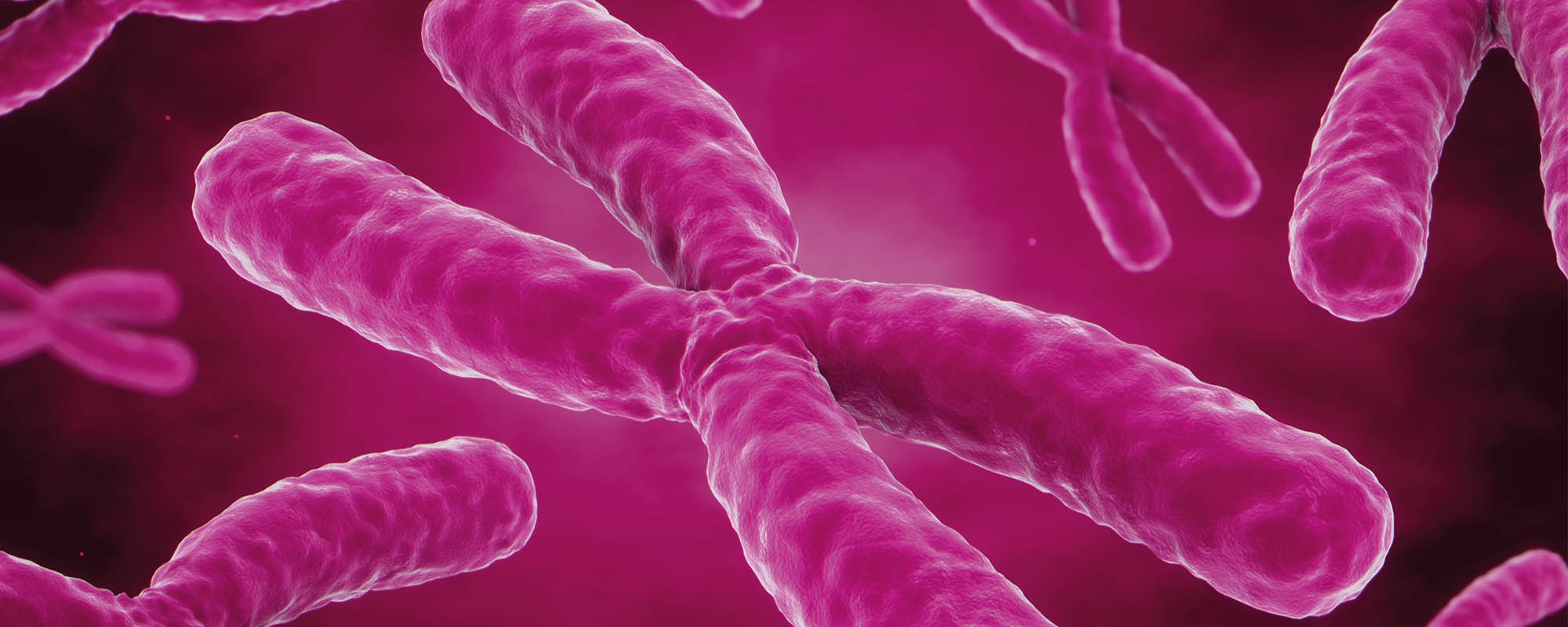Author: Mark Briffa
Lack of clarity amplifies the challenge to come to terms with a disease or disorder. During my research into genetic diseases, I met a Maltese family seeking to understand their condition. Several family members had been diagnosed with hereditary ataxia, a disease that results in some loss of control of normal bodily movements. They had no information about the variation in their DNA that caused the disease.
Ataxia can result in loss of balance and slurring of speech, amongst many other signs and symptoms. It is most commonly inherited from one’s parents. Researchers have identified many different types of ataxia, all caused by different genetic variants in the person’s DNA. Identifying the exact change in DNA is crucial for mapping out a treatment plan.

The family under analysis consisted of a couple with four male sons, the elder two of whom were diagnosed with hereditary ataxia. Two of the male members of the mother’s family line had suffered or were suffering from similar symptoms, while there was no history of ataxia amongst the father’s relatives. This family history suggested that the genetic change is on the X (female) chromosome, which means that men will develop the illness when they inherit a single affected chromosome, while women will suffer ataxia only if they inherit it from both parents. In this family, we found the genetic variation in both affected siblings, their mother, and two of her female relatives, but not in other family members. Family history thus helped us in identifying the genetic variant.
To help this family, we took a sample of their DNA, sequenced it, and identified the genetic differences between the healthy and affected family members. We detected a genetic variation in the PDHA1 gene (found on the X chromosome), which produces a protein that is needed to maintain the brain’s energy levels. Low energy levels lead to ataxia’s symptoms.
Our research is only the first step to diagnose this family. We need further research to understand exactly how the genetic variant is generating ataxia. This will help doctors provide treatment and guide future generations of this family towards genetic counselling with regards to family planning. For me, as an aspiring geneticist, the experience of meeting the family members and understanding their story was humbling. Hearing first hand about their plight really served to hammer home their desire for clarity. Hopefully, this is the first step towards a better life for this family.
This research was funded by the Malta Human Genome Project (MCST R&I 2013-041) and supervised by Prof. Joseph Borg and Dr Graziella Zahra.





Comments are closed for this article!